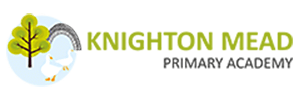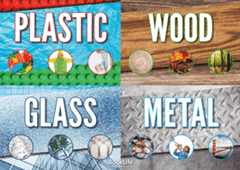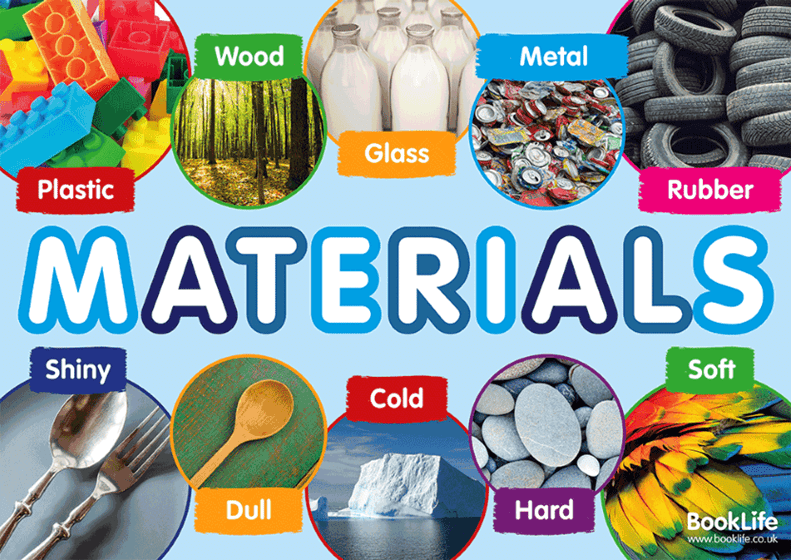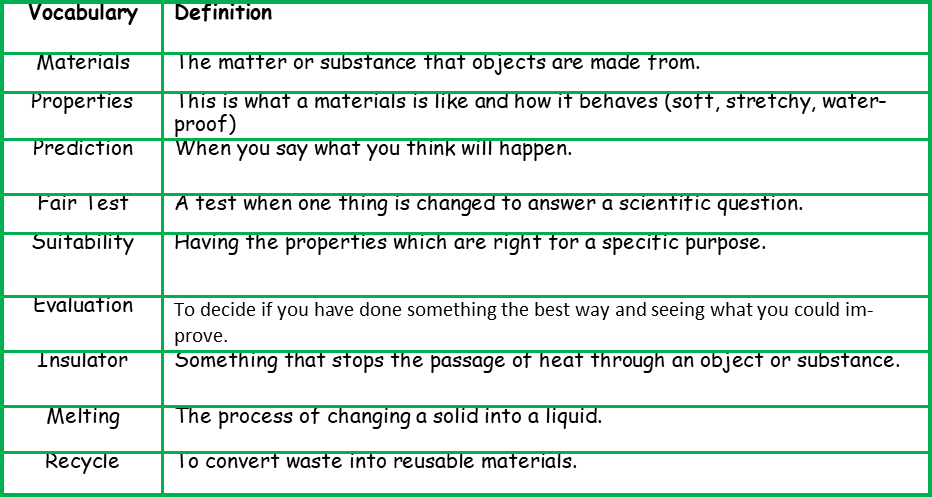At Knighton Mead, we work hard to create a carefully-sequenced, engaging and exciting curriculum which fosters positive attitudes towards Science and develops children’s knowledge and skills. In order to equip children for their futures, we aim for learning in Science to be purposeful and relevant to everyday life. Children are given opportunities to carry out different types of scientific enquiry, learn how the world works and develop their use of scientific language.
The national curriculum for Science aims to ensure that all pupils:
- develop scientific knowledge and conceptual understanding through the specific disciplines of biology, chemistry and physics
- develop understanding of the nature, processes and methods of science through different types of science enquiries that help them to answer scientific questions about the world around them
- are equipped with the scientific knowledge required to understand the uses and implications of science, today and for the future.
Science is taught discretely through a weekly lesson in each class, following the units specified in the national curriculum. There are five units taught in each year group. Further information about these can be found in our curriculum coverage and progression documents below.
In the Early Years Foundation Stage (EYFS), children begin to develop their scientific knowledge and skills through the ‘Understanding the World’ strand, with a strong focus on investigation, exploration and play.
Subject Leader/s
Mrs Wolf





